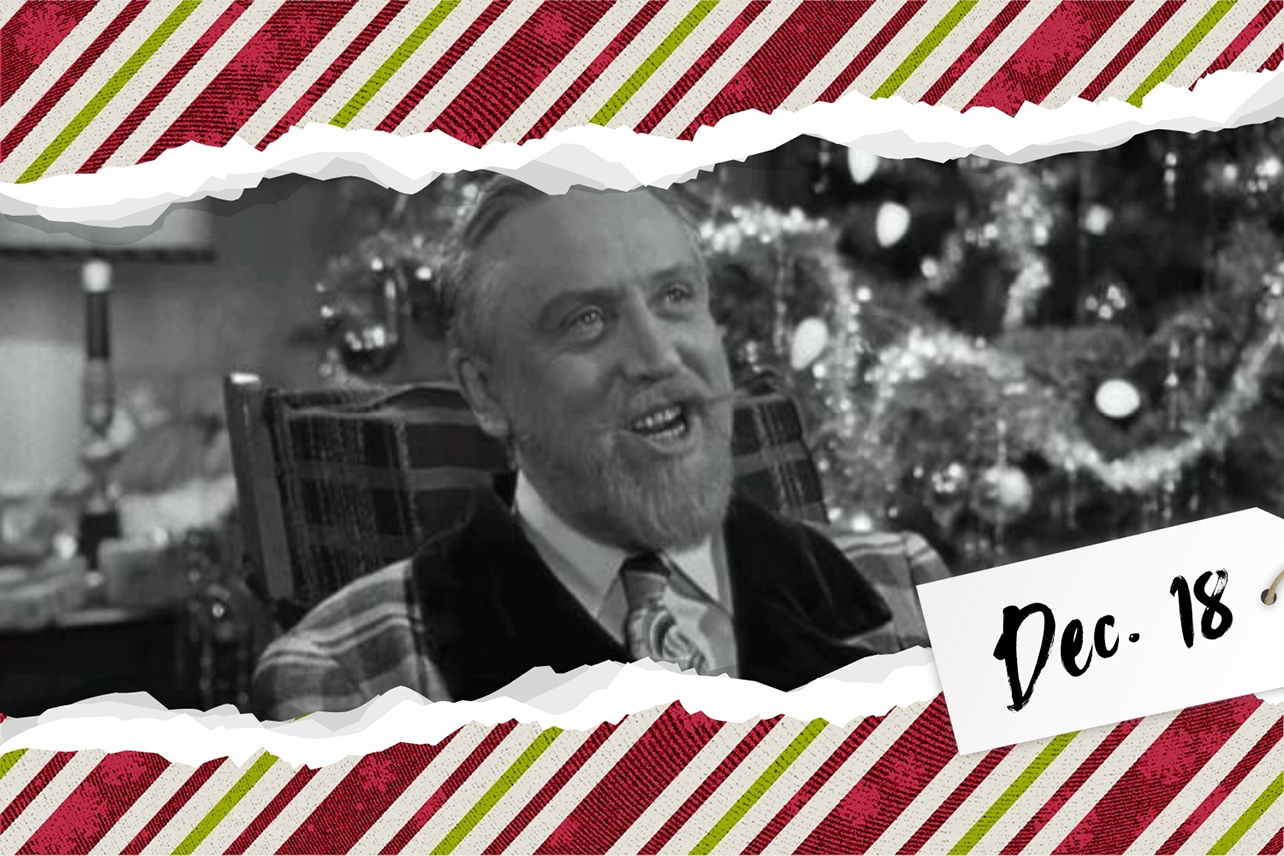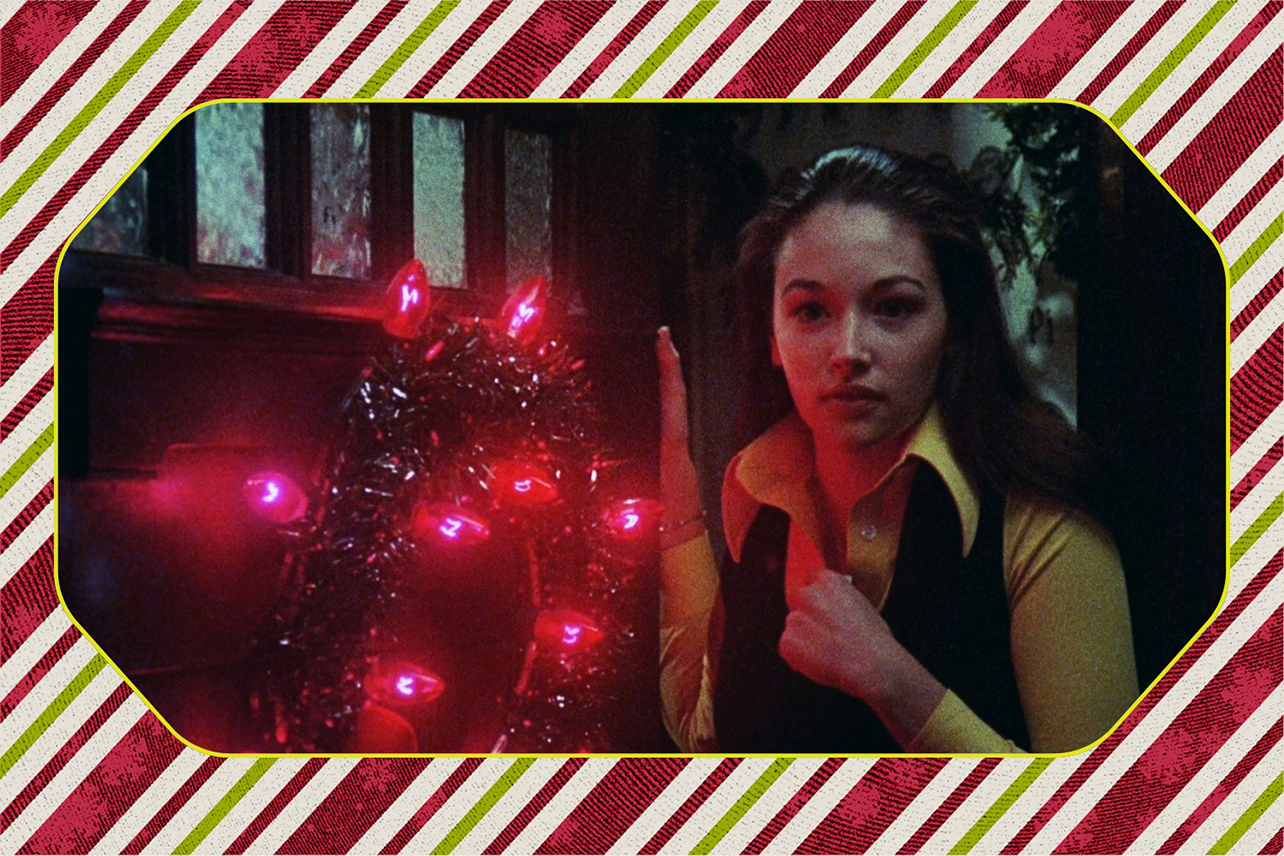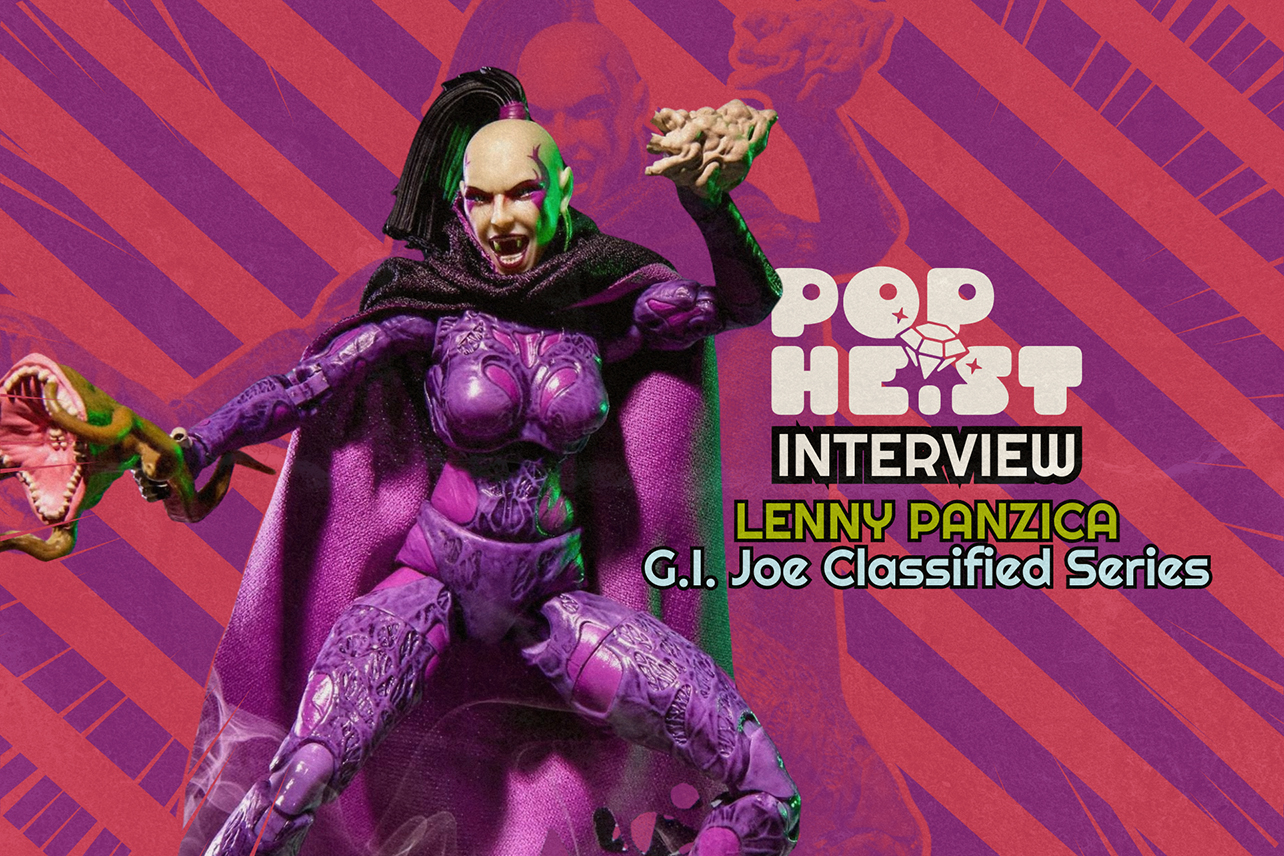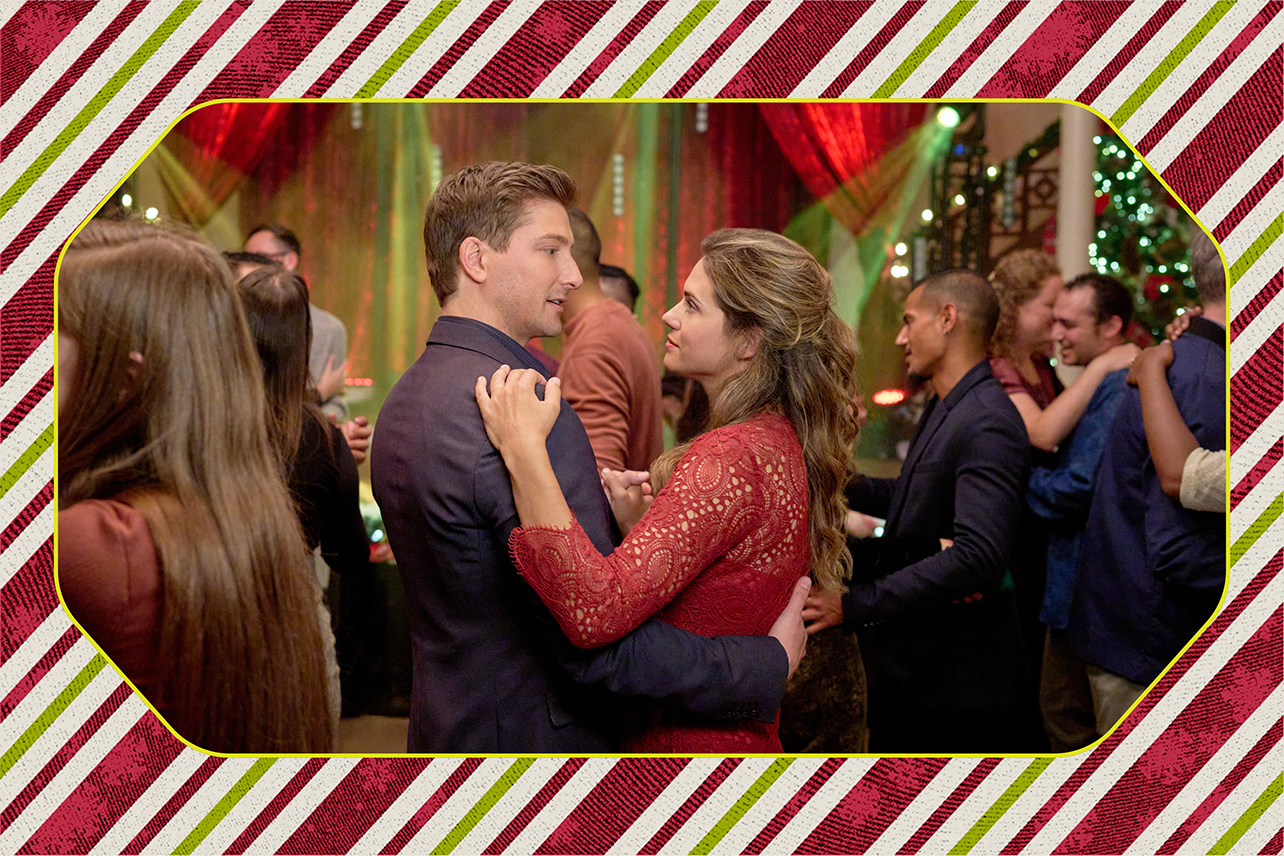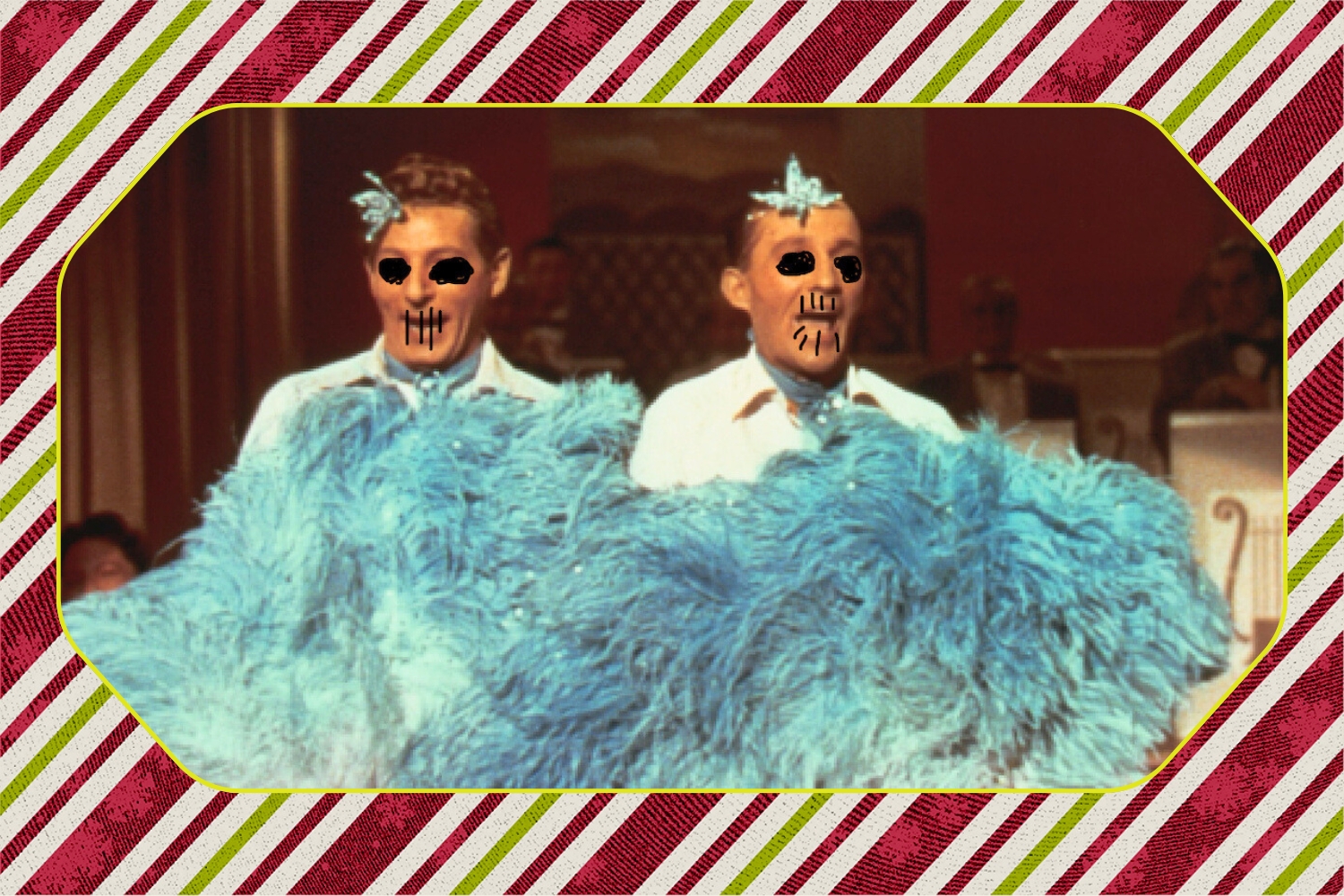Abraham's Boys: A Dracula Story
Writer/Director: Natasha Kermani
Cast: Titus Welliver, Jocelin Donahue, Judah Mackey, Aurora Perrineau, Brady Hepner
Joe Hill's short story "Abraham's Boys" is a tale that asks a couple of very reasonable, simple questions about the aftermath of Dracula: What would such an encounter do to a survivor, and how would that survivor's behavior look to people who have no idea what they just went through? Hill's answers to these questions gave us one of the finest and most intriguing pieces of modern horror short fiction, and one of the stories that helped propel him to success as one of horror's brightest contemporary lights.
Now, writer/director Natasha Kermani (Lucky, V/H/S/85) has taken Hill's story and expanded it, painting in haunting new details to create something that's both a fascinating sequel to one of the most famous horror stories ever told, and a monster story that's as much about ordinary evils as it is about uncanny ones.
It's 1915, and Count Dracula has been dead for nearly two decades. Abraham Van Helsing (Titus Welliver) has, over the past 18 years, married Mina Harker (Jocelin Donahue) and fathered two sons, Max (Brady Hepner), and Rudy (Judah Mackey). The four of them live together on a hill in California, free from the crush of cities or the bustle of small towns or even the company of close neighbors, and that's just how Abraham likes it. He's spent 18 years keeping his family safe from vampiric threats, not even telling Max and Rudy what he and their mother went through, and what he keeps locked in his office while passing for a simple country doctor.
But with industrial progress comes new intrusions into the lives of the Van Helsing family, and Abraham and Mina both seem to sense darkness on the horizon. As a railroad expansion threatens their fragile, pastoral peace, Abraham decides it's time to teach his sons what his true life's work really is, whether they want to know or not.
Though Van Helsing's shadow looms large over the whole story, Abraham's Boys is very much focused on Max, a teenager whose stern, sometimes cruel father has him questioning everything he thinks he knows about the world. It's here that the greatest narrative trick of both Hill's story and Kermani's adaptation comes into play. We all know Dracula, so we are conditioned to believe, especially as he begins to lay out dire warnings about creatures of the night, that Van Helsing knows exactly what he's doing. He's the greatest vampire hunter in the world, so of course he'd want to keep his family safe, right?
But Max and Rudy have only ever known their father to be a kind of domestic dictator, ruling over his house and its rules with an iron fist, and they only know their mother as a loving, if fragile woman who seems haunted by something they cannot grasp. Their world is ordinary, as stark and unchanging as the California sun beating down over the Van Helsing homestead, so when their father starts telling them that regular old humans from down the way are becoming demonic undead monsters, they naturally have questions.
And it's here that, even with Donahue's horror bona fides and Welliver's towering presence in place, the film becomes Hepner and Mackey's movie. Abraham's Boys is a vampire story, yes, but it's very light on monsters and very heavy on atmosphere, including an unforgettable sequence in which Max, haunted by his father's words, pauses in the middle of the road rather than daring to cross a patch shadowed by a tree. It's a story about what our parents pass down to us, what they instill, how that power can turn dark just as quickly as it can turn bright and inspiring. And because we see so much of it through Max's eyes, and Hepner's wonderfully restrained performance, we feel the horror that each person must feel at some point — the horror of understanding that we are diverging from our family in ways we can't quite understand. Or, more pointedly, the horror of realizing that someone we love and trust implicitly could actually be a monster.
Kermani's camera emphasizes this changing world in myriad ways, from the balance of bright sun and inky shadows to the decision to shoot the film in Academy ratio (for the uninitiated, it's when the frame looks almost square rather than widescreen), giving it an old world feel that adds shades of Dreyer's Vampyr to the proceedings. It's a film designed, in every vivid detail, to be a generational clash, a deliberate marring of a legacy we think we understand. That makes it not just chilling to watch, but endlessly fascinating, and a strong contender for one of the best horror films of the summer.
If you haven't already, consider supporting worker-owned media by subscribing to Pop Heist. We are ad-free and operating outside the algorithm, so all dollars go directly to paying the staff members and writers who make articles like this one possible.

